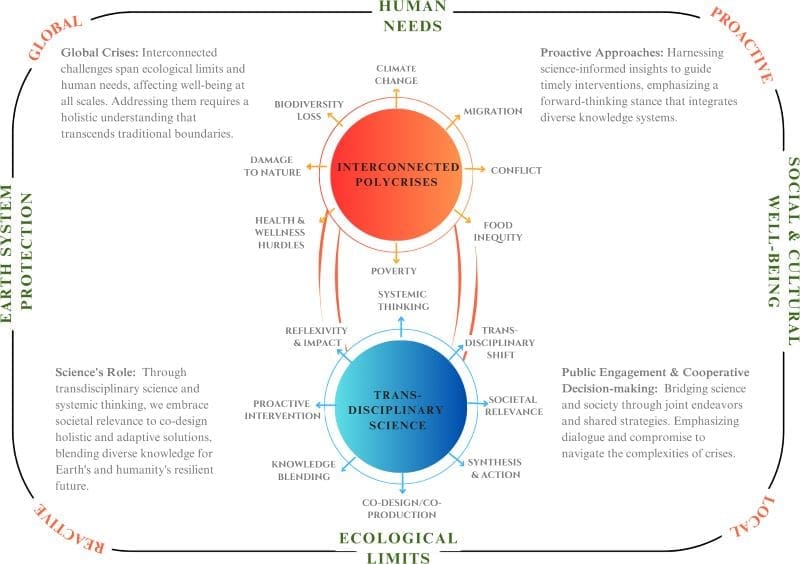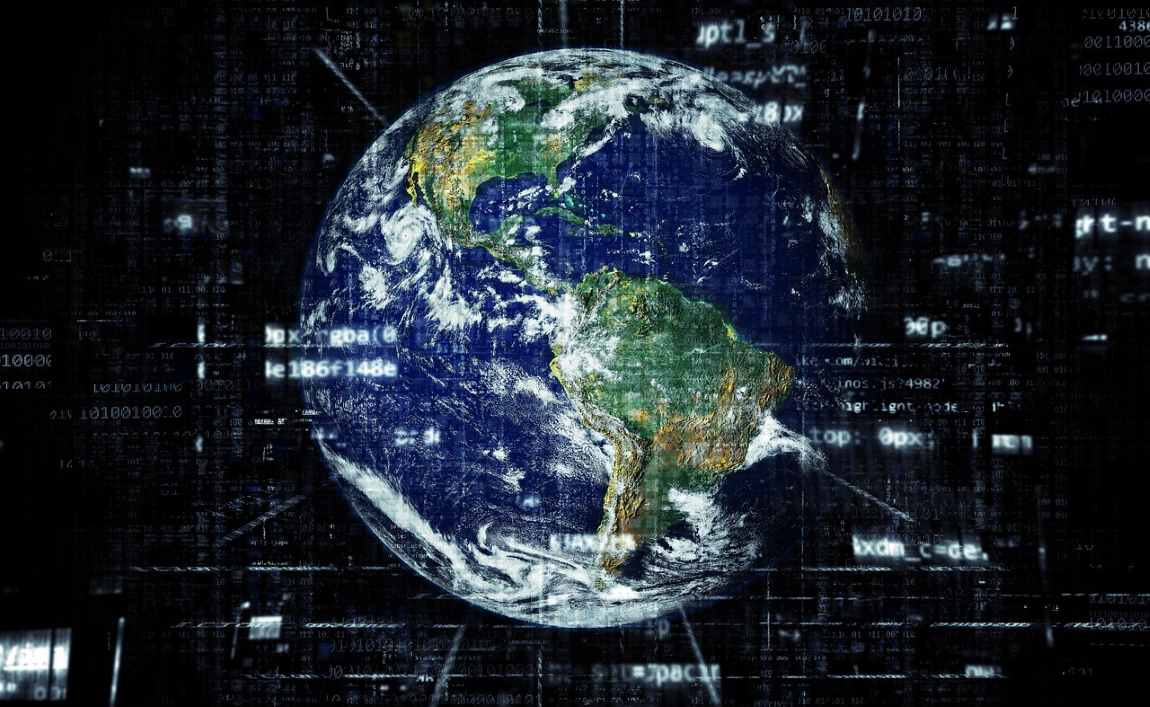A new paper published in PLOS Sustainability and Transformation highlights the critical role of science in tackling global crises, calling for a more engaged and integrated approach.
The international team of researchers behind the paper builds on discussions from the 2022 conference “What Role for Science in Crisis Times?”, which emphasized how science can be better utilized in managing crises across health, environment, and agriculture.
Key to enhancing science’s impact is the push for both interdisciplinarity and transdisciplinarity.

The former refers to integrating science across various fields, while the latter emphasizes collaboration between scientists, policymakers, and society. “We are now living in a polycrisis world, where science should be playing a more engaged and active role,” said Paul Shrivastava, Co-President of The Club of Rome, Professor of Management & Organizations, The Pennsylvania State University, and lead author of the paper. “It should be more fluid, timely, and integrated with social and political decision-making.”
The paper outlines several actions to boost science’s contribution, including public engagement, new governance frameworks, and aligning science with local cultural contexts. Notably, it stresses the need for global and local interventions, as well as increased focus on regions with limited access to scientific resources.
Carlos Alvarez Pereira, Secretary General of The Club of Rome and co-author of the study, stressed that science must play a transformative role. “Science has identified the existential threats we face, but this knowledge is often ignored, contested, or slowly acted upon. It’s time to flip the science model and mobilise significant resources for the benefit of people and the planet,” he said. “That is why The Club of Rome and partners established the Earth-Humanity Coalition – a global network that encourages transformative research and action at all levels.”
The paper advocates for science to transcend traditional boundaries, fostering a more collaborative and equitable approach to managing the interconnected crises of our time.
Journal Reference:
Shrivastava P, Jackson L, Ghneim-Herrera T, Caron P, Correa C, Alvarez Pereira C, et al. ‘Science in crisis times: The crucial role of science in sustainability and transformation’, PLOS Sustainability and Transformation 3(10): e0000132 (2024). DOI: 10.1371/journal.pstr.00001324
Article Source:
Press Release/Material by The Club of Rome
Featured image credit: Pete Linforth | Pixabay




